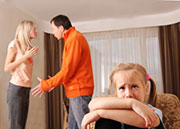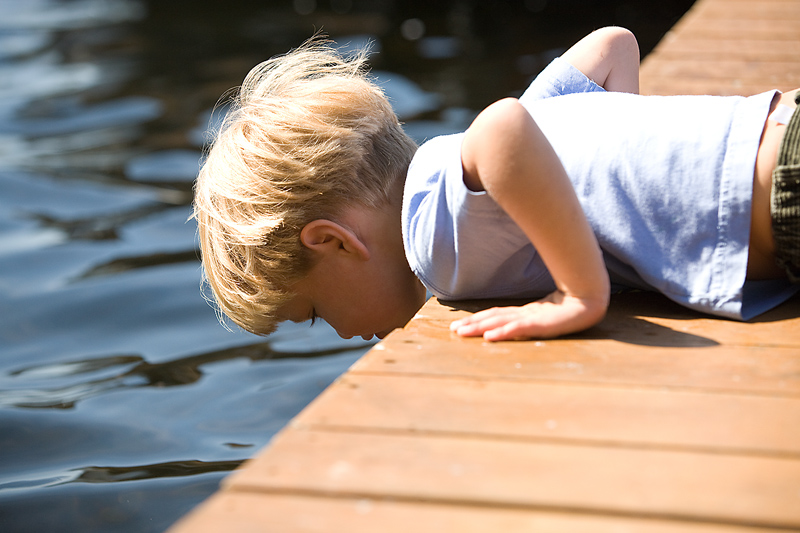
FRIDAY, April 11, 2014 (HealthDay News) — Domestic violence witnessed by American children often goes unreported or unpunished, but causes fear and anxiety among the youngsters, a new study finds.
The research, published in April 7 in the journal Psychology of Violence, included 517 children, of whom 75 percent witnessed domestic violence, 21 percent heard it and 3 percent saw the resulting injuries.
“Family violence definitely cuts across all segments of society and has a serious impact on children,” lead researcher Sherry Hamby, a psychology research professor at Sewanee, The University of the South, said in a journal news release. “Parents are such big figures in a child’s life. If a parent is endangered, that can threaten a child’s well-being. They get worried that if their parent is in danger, then who is going to protect them?”
Children came to physical harm in one in 75 incidents, but suffered fear and anxiety in many more cases, the study found. More than half the youngsters said they were afraid someone would be seriously injured, and nearly 20 percent said the violence was one of the most frightening things they’d experienced.
Domestic violence spanned all levels of household income: 28 percent in homes with annual incomes under $20,000, 30 percent in homes with incomes between $20,000 and $50,000, 18 percent in home with incomes between $50,000 and $75,000 and 24 percent in homes with incomes of more than $75,000.
In terms of race/ethnicity, 53 percent of the domestic violence incidents occurred among whites, 20 percent among blacks, 16 percent among Hispanics and 11 percent among other races.
Men accounted for nearly 75 percent of those who committed domestic violence, according to the study.
“One of the most shocking findings is that less than 2 percent of the cases resulted in jail time for the perpetrator,” Hamby said.
Hamby noted that children who witness domestic violence are at increased risk for anxiety, depression, nightmares, teen dating violence and school problems. The trauma they experience is similar to what they’d feel if they were abused.
More information
The American Academy of Child and Adolescent Psychiatry explains how to help children exposed to domestic violence.
Copyright © 2026 HealthDay. All rights reserved.

